Roxithromycin is a macrolide antibiotic that is used to treat various bacterial infections. It works by inhibiting the protein synthesis in bacteria, thereby preventing their growth and replication. The drug is primarily used to treat respiratory tract infections, skin and soft tissue infections, and urinary tract infections. It is available in tablet form and is usually taken orally.
Roxithromycin is a prescription-only medication and should only be used under the supervision of a healthcare professional. It is important to complete the full course of treatment as prescribed, even if symptoms improve before the course is finished.
Health Risks
Roxithromycin should not be taken by individuals with known hypersensitivity to macrolide antibiotics or any of the inactive ingredients present in the formulation. Caution should also be exercised in patients with liver or kidney impairments, as the drug is primarily metabolized in the liver and excreted via the kidneys.
Prior to taking Roxithromycin, it is important to inform your healthcare provider about any other medical conditions you may have, especially if you have a history of heart conditions, myasthenia gravis, or any other serious health problems.
Potential Side Effects
Like any medication, Roxithromycin may cause certain side effects. Common side effects include nausea, vomiting, diarrhea, abdominal pain, and headache. These side effects are usually mild and do not require medical intervention. However, if any of these side effects persist or worsen, it is recommended to consult a healthcare professional.
Serious side effects of Roxithromycin are rare but can occur. Seek immediate medical attention if you experience symptoms such as severe stomach pain, yellowing of the skin or eyes, dark urine, or persistent nausea and vomiting.
Dosage Guide
The dosage of Roxithromycin will vary depending on the specific infection being treated, as well as the individual patient’s age, weight, and overall health. It is important to follow the dosage instructions provided by your healthcare provider.
Roxithromycin tablets are usually taken once or twice daily, with or without food. It is important to take the medication at evenly spaced intervals to maintain a consistent level of the drug in the body.
If a dose of Roxithromycin is missed, it should be taken as soon as possible. However, if it is close to the time for the next scheduled dose, the missed dose should be skipped and the regular dosing schedule should be resumed. Double doses should not be taken to make up for a missed dose.
In case of an overdose, seek immediate medical attention. Symptoms of overdose may include severe stomach pain, nausea, vomiting, and diarrhea.
Roxithromycin Compatibility
Roxithromycin may interact with certain medications and substances, potentially altering their efficacy or increasing the risk of side effects. Inform your healthcare provider about all the medications, supplements, and herbal products you are currently taking before starting Roxithromycin.
Some medications that may interact with Roxithromycin include antacids containing aluminum or magnesium, warfarin, digoxin, and theophylline. These are not all the possible interactions, and other drugs may also interact with Roxithromycin. It is essential to consult your healthcare provider or pharmacist for a comprehensive list of potential interactions.
Ask and Answer
-
Q: Can I consume alcohol while taking Roxithromycin?
A: It is generally advisable to avoid alcohol while taking Roxithromycin, as it may increase the risk of certain side effects such as gastrointestinal disturbances and liver toxicity. -
Q: Can Roxithromycin be taken during pregnancy?
A: Roxithromycin should only be used during pregnancy if the potential benefits outweigh the potential risks. It is important to discuss the risks and benefits with your healthcare provider before taking this medication. -
Q: Can Roxithromycin be given to children?
A: Roxithromycin is generally considered safe and effective for use in children. However, the dosage and duration of treatment may vary based on the age and weight of the child. It is important to consult a pediatrician for appropriate dosing guidelines. -
Q: Can Roxithromycin be used to treat viral infections?
A: No, Roxithromycin is an antibiotic that is specifically effective against bacterial infections. It is not effective against viral infections such as the common cold or flu. -
Q: Can Roxithromycin cause allergic reactions?
A: Yes, Roxithromycin can cause allergic reactions in some individuals. If you experience symptoms of an allergic reaction, such as rash, itching, swelling, or difficulty breathing, seek immediate medical attention.
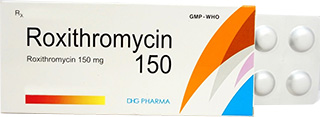
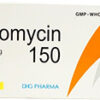
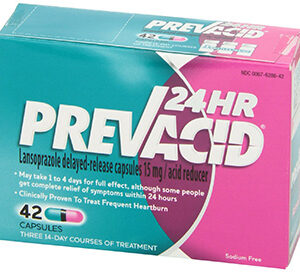
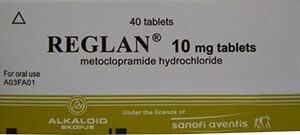
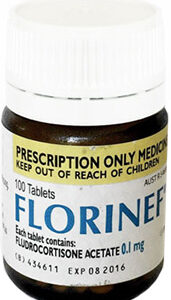
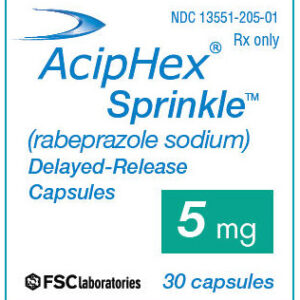
Reviews
There are no reviews yet.